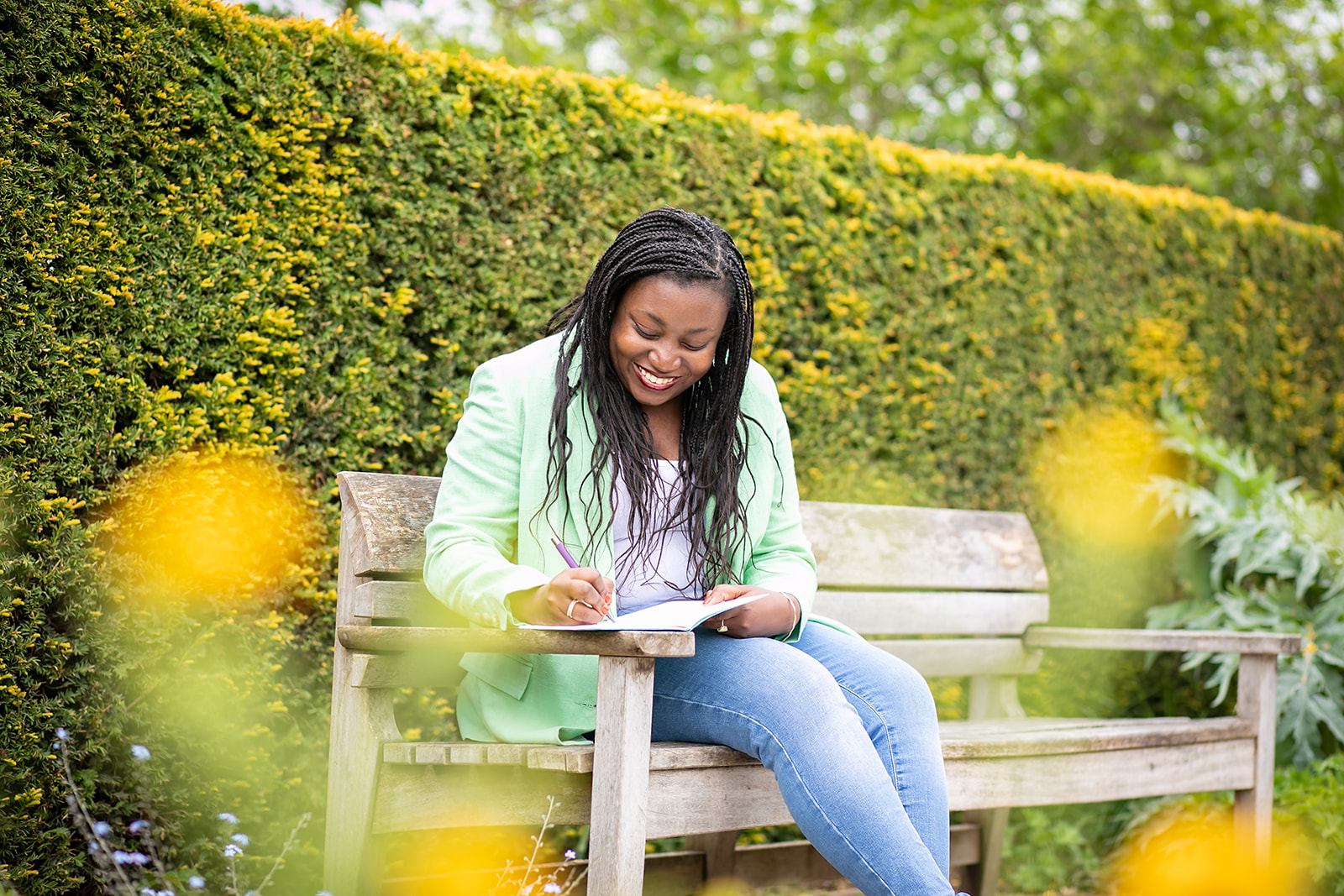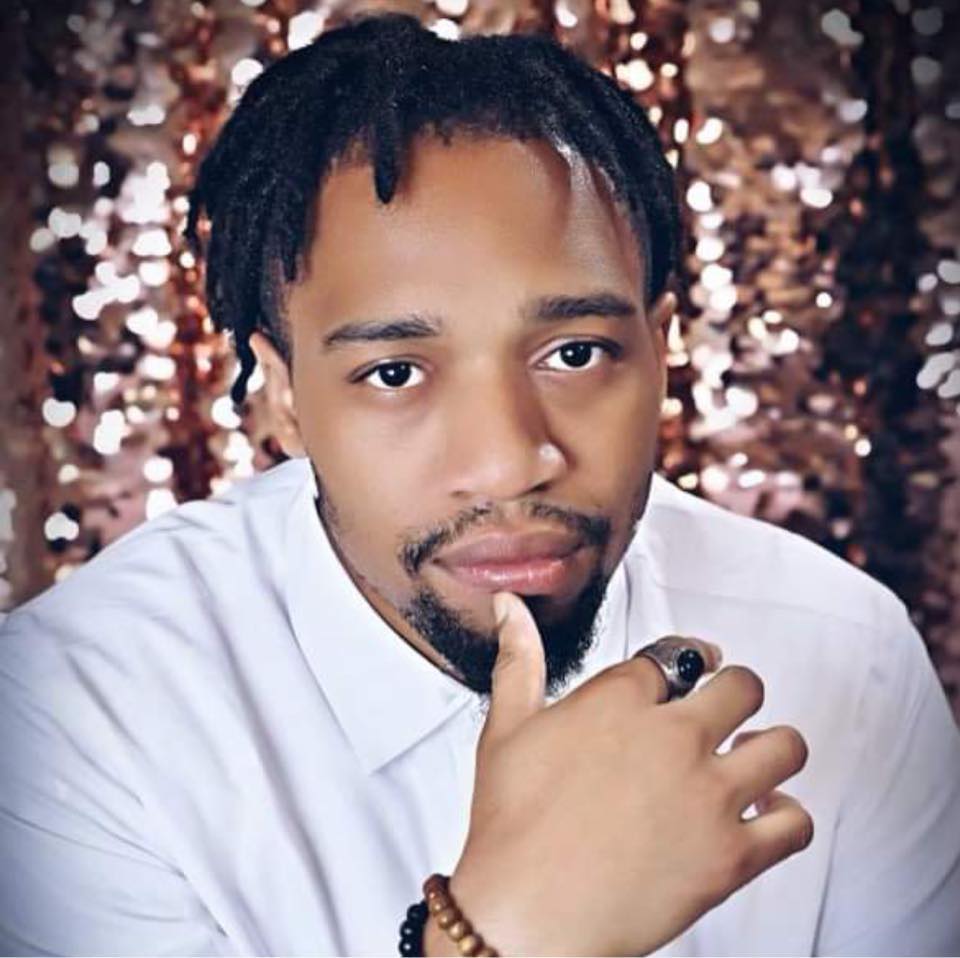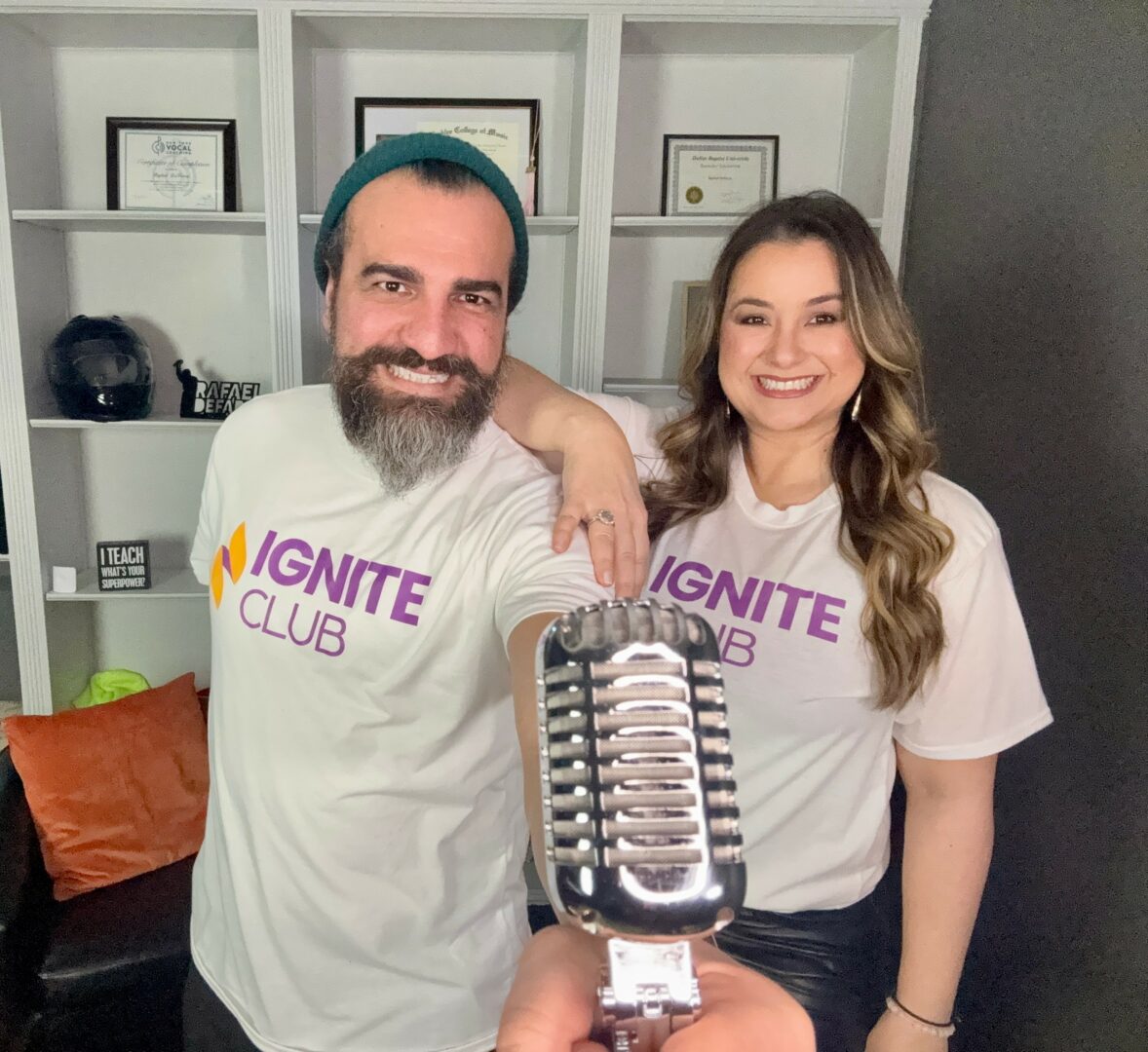We were lucky to catch up with Marina Carreira recently and have shared our conversation below.
MARINA, appreciate you making time for us and sharing your wisdom with the community. So many of us go through similar pain points throughout our journeys and so hearing about how others overcame obstacles can be helpful. One of those struggles is keeping creativity alive despite all the stresses, challenges and problems we might be dealing with. How do you keep your creativity alive?
As a writer and artist, my creativity is constantly being fueled by the world around me. As cliche as that sounds, I draw inspiration from both the mundane and the extraordinary things in life– from watching the sun set as I drive to pick up my kids from aftercare, to the strength and solidarity of the people fighting for the rights of BIPOC, LGBTQ, and immigrant folks in this country. I also give myself the freedom to explore and the grace to just exist. Creative work always begins in the brain/heart before it reaches the page or canvas or stage. So even when i am not writing a poem or making a mixed media piece, the spark, or the muse, is working internally to formulate that poem or piece.
Gratitude is another measure i use to keep my creativity alive. I am so blessed in so many ways, and when i acknowledge these blessings, i feel drawn to the blank page/canvas as an act of reverence to the Higher Power that moves me to create.


Appreciate the insights and wisdom. Before we dig deeper and ask you about the skills that matter and more, maybe you can tell our readers about yourself?
My name is Marina Carreira (she/they) and I am a queer Luso-American poet and artist from Newark, NJ.
A Pushcart Prize nominee and 2024 Luso-American fellow in the DISQUIET Literary Program, I am the author of Desgracada (Bottlecap Press, 2023), Tanto Tanto (Cavankerry Press, 2022), Save the Bathwater (Get Fresh Books, 2018), and I Sing To That Bird Knowing It Won’t Sing Back (Finishing Line Press, 2017).
My new collection of poems, Dead Things and Where to Put Them (Cavankerry Press), is coming out this Fall 2025. Dead Things and Where To Put Them is particularly compelling given its focus on the hardships of marriage and motherhood during a pandemic. Many people can relate to the challenges brought on by the pandemic, making the insights into marriage and motherhood particularly resonant. The difficulties of these roles during such a stressful time gives the book a sense of authenticity, allowing readers to feel seen and understood. My exploration of loss within the context of various relationships provides a nuanced look at how grief manifests in everyday life, especially in the face of isolation and uncertainty. The book highlights moments of strength, connection, or hope, and hopefully inspires readers to locate their own resilience amidst trouble, chaos, and the unprecedented
As a visual artist, I have exhibited my art at the Newark Museum, Morris Museum, ArtFront Galleries, Monmouth University Center for the Arts, among others.
I also work in higher education as the Managing Assistant Director to the Dean of the College of Education at Kean University, where I also teach Women and Gender Studies.
I like to think of myself as an “artademic” (artist+ academic) who advocates for social justice and wellbeing of marginalized folks through the arts.


If you had to pick three qualities that are most important to develop, which three would you say matter most?
The three qualities, skills, or areas of knowledge that were most impactful in my journey as a writer/artist:
– my grandmother, who raised me and my sister, was illiterate, and because of that, she pushed us to read as much as possible. As a lover of books, I soon felt compelled to share my own stories with the world through poetry. My grandmother is very much my muse.
– My high school Honors English teacher, Mrs. Cirillo, introduced me to Zora Neale Hurston and Toni Morrison (my favorite authors), whose works are fundamental to my understanding of the complexities of identities and how we move in the world.
– Having children has been the biggest blessing (and hardest job I have ever had). My daughters inspire me to be the best human being possible, and help me consider parenting as an extension of my creativity. With my kids, I am constantly demanding that they think about things through the lens of imagination and possibility, challenging them to be “creative” in every thing they do,
If I were giving advice to someone early in their artistic journey, I’d tell them to embrace the process over the product. It’s easy to get caught up in wanting to make something “perfect,” but real growth happens when we allow ourselves to experiment and make mistakes. I’d encourage them to try a lot of different things and not worry about whether it’s “good enough” yet—each step is part of the learning.
I’d also suggest they find their own rhythm, whether that’s by setting aside consistent time to create or being spontaneous when inspiration strikes. It’s not about rushing, but rather about committing to the act of creating regularly. The more they show up for it, the more they’ll discover their style and voice.


Thanks so much for sharing all these insights with us today. Before we go, is there a book that’s played in important role in your development?
The most important book in my life is Zora Neale Hurston’s Their Eyes Were Watching God. I am obsessed with this book (I own 5 copies and I have a quote form the text tattooed on me).
Their Eyes Were Watching God has played an important role in my development by offering me a deeper understanding of (POC) women’s resilience, self-discovery, and the complexities of identity. Janie’s journey, both the heartbreak and the triumphs, serves as a powerful reminder of the importance of finding one’s own voice and asserting one’s autonomy. It encourages me to embrace my mistakes and decisions and not be afraid of my own growth, even if it means challenging societal expectations or navigating difficult moments.
A few of the most valuable nuggets of wisdom from the book are:
– Janie’s journey of understanding herself as a POC woman—through love, loss, and independence—teaches me the importance of introspection. It’s a reminder that discovering who I am and what I want is a continuous, evolving process, and that I should trust that process.
– The book also shows the many layers of love and how it can shape us. The idea that love is not just about romantic relationships but about understanding and accepting oneself resonates deeply. Janie’s relationships with Logan, Joe, and Tea Cake teach me that love, in its true form, should empower rather than limit
-The novel shows how self-liberation comes through loss, and through love, and its messages continue to resonate, especially when I think about personal evolution and standing in my truth as a queer mother artist.
Contact Info:
- Instagram: @savethebathwater


Image Credits
n/a
so if you or someone you know deserves recognition please let us know here.




